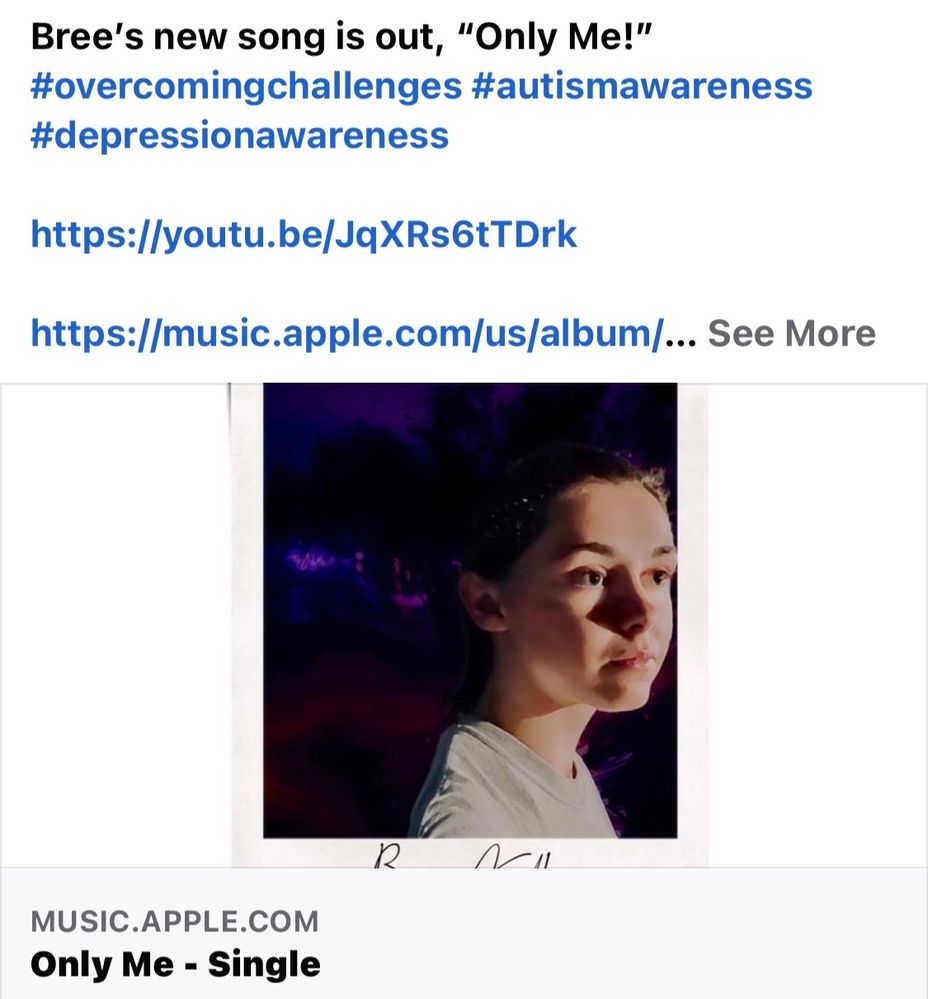The Unexpected Magic of Ketamine
How It Changed My Life and What You Should Know Before Considering It
I didn’t walk into the clinic expecting magic. In fact, I walked in with more doubt than hope. After years of trying every medication, therapy, and coping strategy, I had almost written off my mental health as an unsolvable riddle. But when you’re drowning, you grab onto anything that promises to keep you afloat—even if it sounds unconventional or experimental.
That’s how I found myself sitting in a quiet room, an IV in my arm, hoping ketamine—yes, the drug I’d once heard about in whispers—could do something all the others hadn’t. What happened next wasn’t a cure, but it felt like a miracle.
A Light in the Darkness
The most surprising emotion I felt during my first ketamine infusion was relief. Not joy, not happiness—just relief. It wasn’t the kind of relief that comes from solving a problem or escaping pain. It was deeper than that. For the first time in years, the relentless pressure of my mind eased, like stepping out of a raging storm into stillness.
Ketamine IV Infusion Therapy didn’t erase my depression or anxiety overnight. But for the first time in years, it felt like someone cracked a window in a room I thought would always be dark.
The weight that had pressed down on me for so long didn’t disappear—but it felt lighter. For 40 minutes, I experienced a profound shift. It was like stepping outside myself and viewing my pain, struggles, and life from a new perspective. Ketamine didn’t make my problems vanish; it made them feel manageable.
What You Should Know About Ketamine Therapy
Ketamine therapy is not a party drug repurposed—it’s a carefully controlled medical treatment that’s been gaining attention for its ability to help those with treatment-resistant depression, PTSD, anxiety, and more.
Here’s a quick overview of the process:
• The Procedure: Ketamine is administered through an IV in a controlled medical setting over about 40 minutes.
• The Science: Researchers believe ketamine rewires certain pathways in the brain, reducing symptoms of depression and anxiety while promoting healing.
• The Experience: Everyone’s experience is unique. For me, it felt like entering a dreamlike state where I could process emotions and memories without the usual weight attached.
How Ketamine Strengthened My Relationships
Depression created a wall between me and my family that I didn’t know how to tear down. There were times when I felt like a ghost in my own home—physically present but emotionally distant, unable to fully engage with my wife and kids.
Ketamine opened a door. It gave me the clarity and emotional space to reconnect with my family in ways I hadn’t thought possible. My wife noticed the change first—she saw that I was more present, more attuned to her needs and the needs of our children. Even my kids could sense that “Daddy’s here” in a way he hadn’t been before.
Most importantly, ketamine reminded me why I’m fighting so hard to manage my symptoms—not just for myself, but for them. It didn’t erase the challenges, but it gave me the tools to approach them differently, with patience, understanding, and hope.
Advice for Those Hesitant to Try Unconventional Treatments
1. Consult with a Trusted Medical Professional and Stay Informed
My first piece of advice is to start with a trusted medical professional. Research unconventional treatments like ketamine or others you’re considering, and have an open, honest conversation with a qualified provider. No treatment is a one-size-fits-all solution, and understanding the risks, benefits, and how it fits into your unique needs is essential.
2. Trust the Process, Even If It Feels Uncertain
Hesitation is natural—it’s part of the human experience when facing something new and unfamiliar. I’ve learned that healing often requires stepping outside our comfort zones. Unconventional treatments may seem intimidating, but progress doesn’t always follow the path we expect. Trying something new doesn’t mean you’re giving up on what you’ve tried before; it means you’re still fighting for yourself. Remember, bravery isn’t the absence of fear—it’s moving forward despite it.
3. Embrace the Possibility of Hope
One of the most profound lessons I learned is that hope isn’t always obvious. Sometimes, it’s hidden in the places you least expect, like a treatment you’d never considered. It’s okay to be skeptical—I was, too—but being open to the possibility that something could help, even a little, is an act of hope in itself. Unconventional treatments don’t promise perfection, but they might offer a new perspective, a sliver of light where you once saw none. And even a small step forward can change the course of your journey.
Breaking the Stigma
When people hear “ketamine,” many think of party drugs or danger. But ketamine therapy is a groundbreaking, legitimate option for mental health care. It’s time to move beyond stigma and see it for what it is—a potential lifeline for those who feel like they’ve tried everything else.
Why This Matters
To anyone feeling hopeless: there are still options. There are tools you haven’t tried, doors you haven’t opened, and paths you haven’t walked. For me, ketamine was one of those paths, and it made all the difference.
If you’re struggling, I encourage you to explore your options, reach out for help, and remember this: your story isn’t over, and hope is still within reach.
Let’s Talk
Have you explored unconventional treatments like ketamine? What has helped you find light in the darkness? Share your story—I’d love to hear from you.
Corey Welch
Author | Mental Health Advocate | Trailblazer in Healing
"Sometimes, the most unexpected paths lead to the breakthroughs we never thought possible."
#MentalHealth, #DepressionRecovery, #KetamineTherapy, #HopeAndHealing, #MentalHealthAwareness, #UnconventionalHealing, #Overcomingdepression



